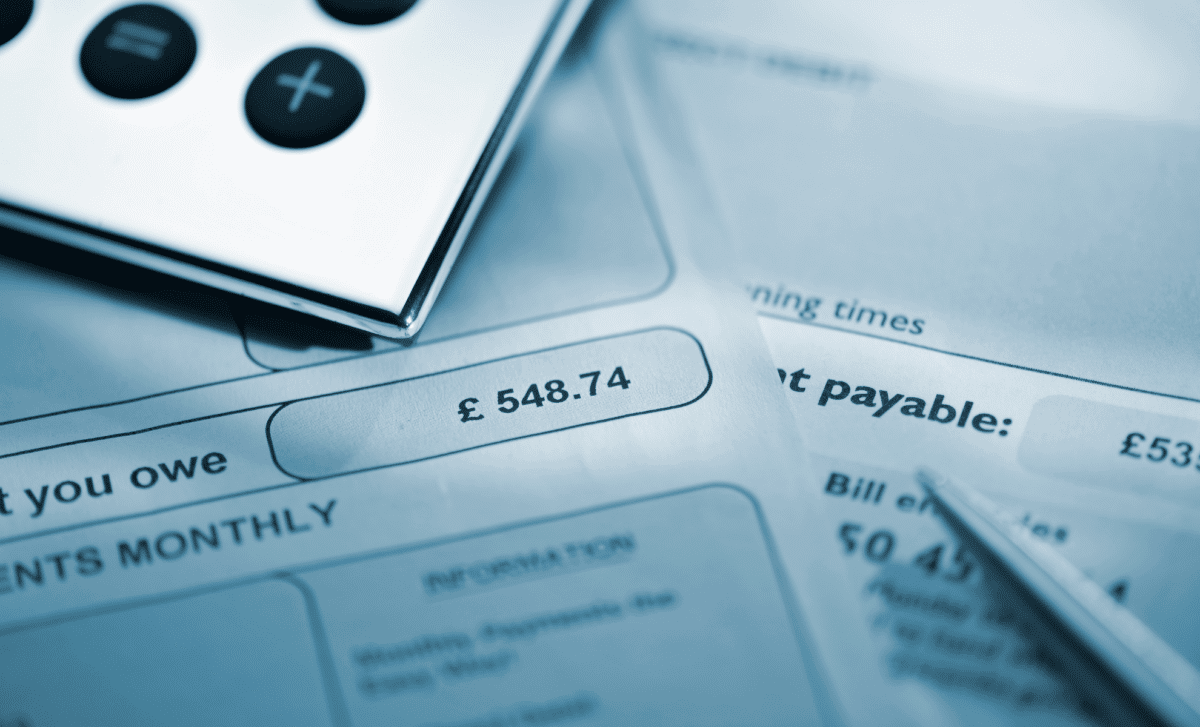Britain’s households are set to be hit by a wave of rising bills for essential services, as a number of companies implement their annual price hikes from 1 April. The expected rise covers a wide range of sectors, from Council Tax and Vehicle Excise Duty to broadband, mobile phones, water and postage stamps.
Council Tax to Increase
Local authorities across the UK are set to face an average annual increase of £106 in Council Tax to fund essential community services that are facing budget constraints. A 5% increase in the average Band D Council Tax is predicted by the Department for Levelling Up, Housing and Communities, taking it to £2,171.
Across Greater Manchester, all 10 local authorities are expecting an increase of more than 5%. These increases notwithstanding, many areas will still need to cut spending to balance their budgets for the coming tax year.
Water and Sewerage Bills on the Rise
From 1st April, consumers in England and Wales are set to see their average water and sewerage bill rise by around 6%, or £27, to £473 a year. However, the proposed increases vary slightly from one supplier to another. Wessex Water and Anglian Water customers, for instance, can expect to pay £548 and £529 a year respectively, while Northumbrian customers should see a smaller increase, with bills set to rise to £422.
David Henderson, chief executive of Water UK, explained that the funds from these increases would be used solely for infrastructure improvements. He also added that there would be automatic tariff adjustments if these improvements were not made. Mr Henderson also reassured consumers that there would be no disconnections and no compulsory prepayment plans for overdue bills.
Broadband and Mobile Contracts Set to Spike in Price
The majority of major broadband and mobile contracts are set to increase by around 7.9% from 1 April. Network providers such as BT, EE, Plusnet, Shell Energy, TalkTalk, Virgin Media and Vodafone typically adjust their prices in line with the previous February’s Consumer Price Index or Retail Price Index plus an additional 3-3.9%. This could mean an approximate annual increase of £27 for broadband and £24 for mobile services per consumer.
Uswitch’s Richard Neudegg advises customers to review the terms of their contract and consider cheaper alternatives to avoid paying more than necessary. Particularly relevant for customers who have been under-utilising their existing contracts for 18 months or more.
Pay-TV subscriptions
As with its broadband and mobile offerings, EE will be increasing the cost of its TV subscription by 7.9% from 1 April. Previously known as BT TV, this service offers both free-to-air and premium channels. Virgin Media’s 8.8% increase also covers pay TV, as does Sky, with an average increase of 6.7% for customers from 1 April.
Stamp Duty, TV Licence Fee and Vehicle Excise Duty increases
The annual television licence fee will rise from £159 to £169.50 from 1 April. This licence allows you to watch any TV channel live or recorded on any device and includes access to BBC iPlayer. In addition, vehicle excise duty, also known as road tax, is set to rise in line with the retail price index from 1 April.
Stamps in the first class are also expected to cost £1.35 from April, an increase of 10 pence. The price of second-class stamps will also rise by 10 pence, to 85 pence.
Lower Energy Bills
On a positive note, the reduction in Ofgem’s price cap is expected to lower the average household energy bill by 12.3% to £1,690 a year from 1 April. This could translate into monthly savings of around £20, or £238 over the year.
Head of Domestic Products and Services at Which?, Natalie Hitchins, acknowledges the many price increases that will come into effect from April. However, she points out that there are ways of offsetting these costs. For example, households can switch supplier during the term of the contract, apply for Council Tax relief if they are entitled to it, and install water meters where appropriate.
Meanwhile, a Treasury spokesman said that the Government’s timely measures had more than halved inflation and meant that it would return to the 2% target within three months. This is a full year ahead of expectations and should help protect families from rising costs.
The spokesman added that average workers could expect an extra £900 a year in income and UK households could look forward to more than £3,800 in support between 2022 and 2025.









